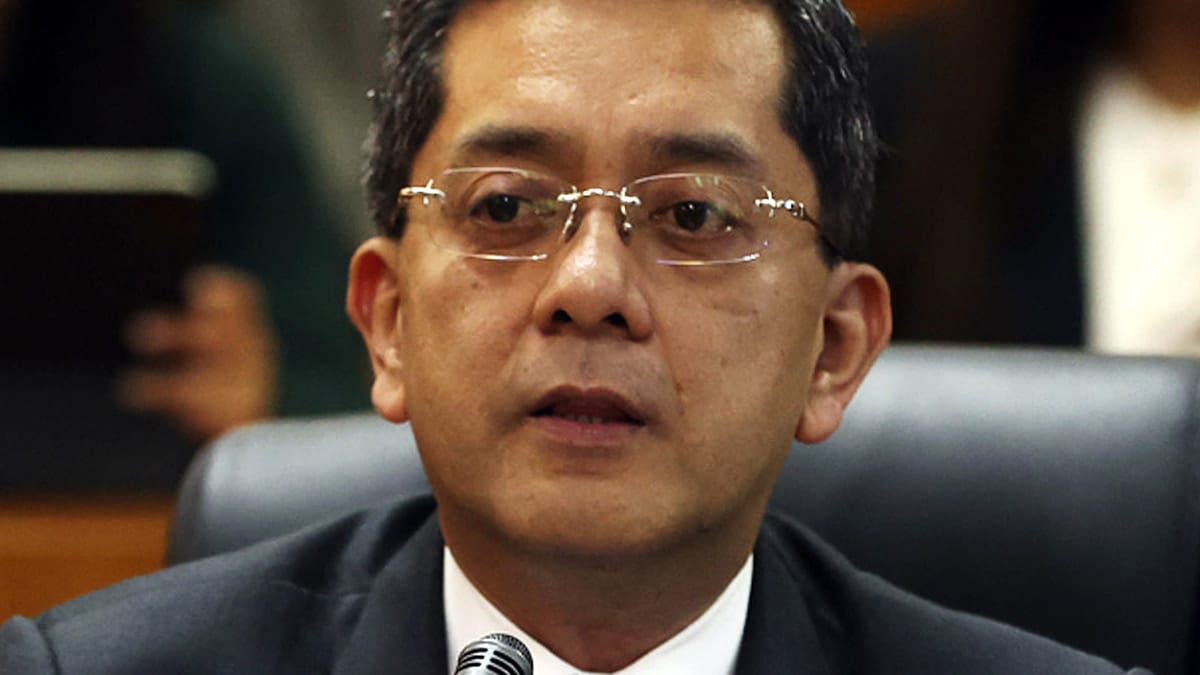MANILA, Philippines — The National Citizens’ Movement for Free Elections (Namfrel) has objected to a proposal pending before the Commission on Elections (Comelec) to ban the use of artificial intelligence (AI) as a campaign tool in next year’s midterm polls.
The poll watchdog instead pushed for a Comelec-approved “code of conduct” or a set of ethical principles that all election stakeholders would be asked to follow.
“[AI] is here to stay and it is finding applications in many areas, including elections. While AI’s potential for improving electoral processes is recognized, what has been highlighted is the misuse and abuse of the technology as seen in recent elections worldwide,” Namfrel said in a position paper released on Tuesday.
Problem with enforcement
According to Namfrel, banning or even just regulating the use of AI may infringe on freedom of speech and expression.
The Comelec may also face legal challenges for it, as the new technology requires expertise or a new set of skills to enforce the restriction.
For Namfrel, a ban “may curtail technological innovation and inadvertently limit the benefits of AI in enhancing electoral processes.”
“Namfrel instead recommends the Comelec to draft a Code of Conduct that will embody a set of ethical principles that all election stakeholders will be asked to adhere to,” the group said, citing the results of a roundtable discussion it held in June with other poll watchdogs, information technology experts, academics and officials from the Comelec itself.
Just mark it so
The code should be based on the principles of transparency, respect for human rights, accountability, truthfulness, fairness, and nondiscrimination, it added.
In the case of political ads or similar materials employing AI, such content should just be appropriately marked, it said.
“The disclosure must include funding sources, expenditures, AI technology used, data about the target audience and the source of such data. Transparency should extend across the AI ecosystem, from content creation to audience targeting, with social media platforms actively participating and adhering to a Code of Conduct,” it said.
Namfrel also proposed that candidates and political parties be required to disclose their intention to use AI in their campaigns, and their willingness to be audited for any AI-generated content.
“Legal liabilities and penalties should apply to candidates, political parties, campaign teams and public relations and advertising firms that caused the development or generation of AI-generated content. Shared accountability is crucial due to the challenges in detection and monitoring by election management bodies alone,” it said.
A committee or task force within the Comelec may be formed to monitor AI use—or if the technology is being used for disinformation or producing “deepfake” videos or audios, it added.
“Comelec should implement a reporting and complaint process, regulating AI-generated election paraphernalia. Comelec can encourage candidates, political parties, and other stakeholders to adopt self-regulation mechanisms for AI use in elections and election-related activities,” Namfrel said.
Garcia’s warning
In May, Comelec Chair George Garcia proposed a ban on AI in the next campaign season, warning its abuse could worsen the spread of fake news and “undermine the integrity of elections and the credibility of public officials, candidates and election management authorities.’’
“This defeats the very purpose of a campaign, which is to fully and truthfully inform the voters about the elections and the candidates,” according to Garcia.
In June, Garcia’s proposal was referred by the Comelec en banc to the concerned committees.
Big Tech companies, including Meta, Google, Snapchat, Tiktok and Microsoft, have been discussing with Comelec how to combat fake news during the campaign period.
Experts have called the Philippines the “Patient Zero” of digital disinformation, partly due to the high number of Filipinos using the internet daily for news, entertainment, and social networking.
While disinformation and misinformation are heavily associated with the technology, the United Nations Educational, Scientific and Cultural Organization in its “Elections in Digital Times: A Guide for Electoral Practitioners” released in 2022 also highlighted the potential of AI to improve the efficiency and accuracy of polls.
AI-powered chatbots can provide real-time information about polling locations, candidate platforms, and voting procedures, making the electoral process more accessible and transparent, consequently leading to more reliable and timely results.
AI may also improve data management by ensuring accurate collection, storage, and analysis of extensive electoral data, enabling authorities to make swift decisions and identify trends effectively.
It may also be used to fortify cybersecurity measures by easily detecting anomalies and fraudulent activities in the automated election system.


